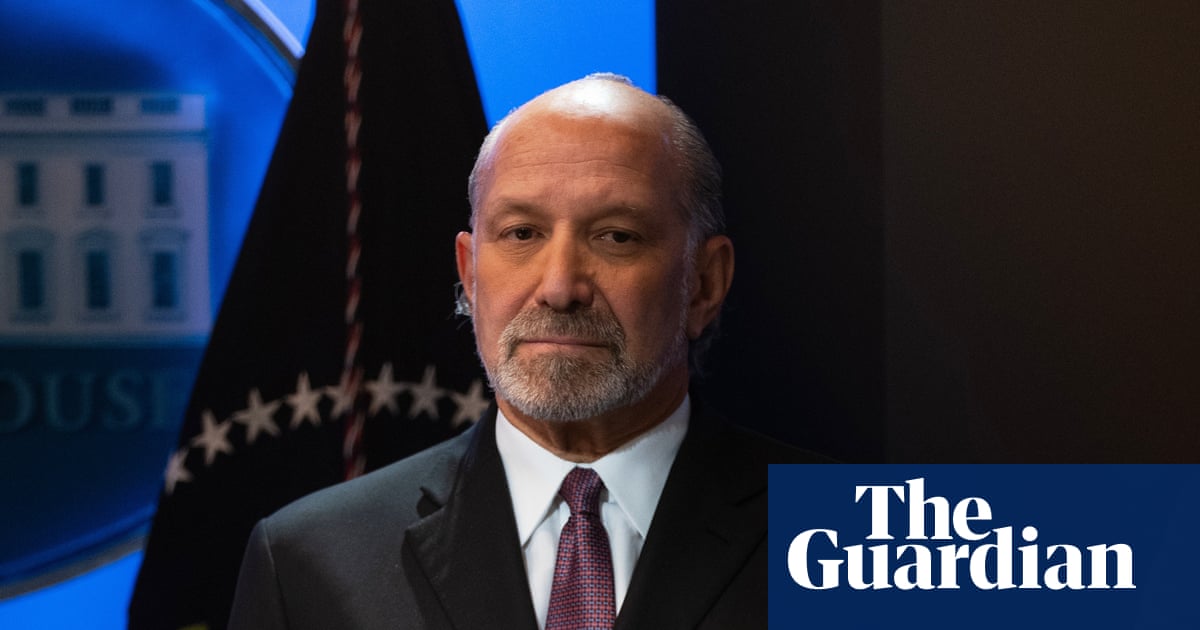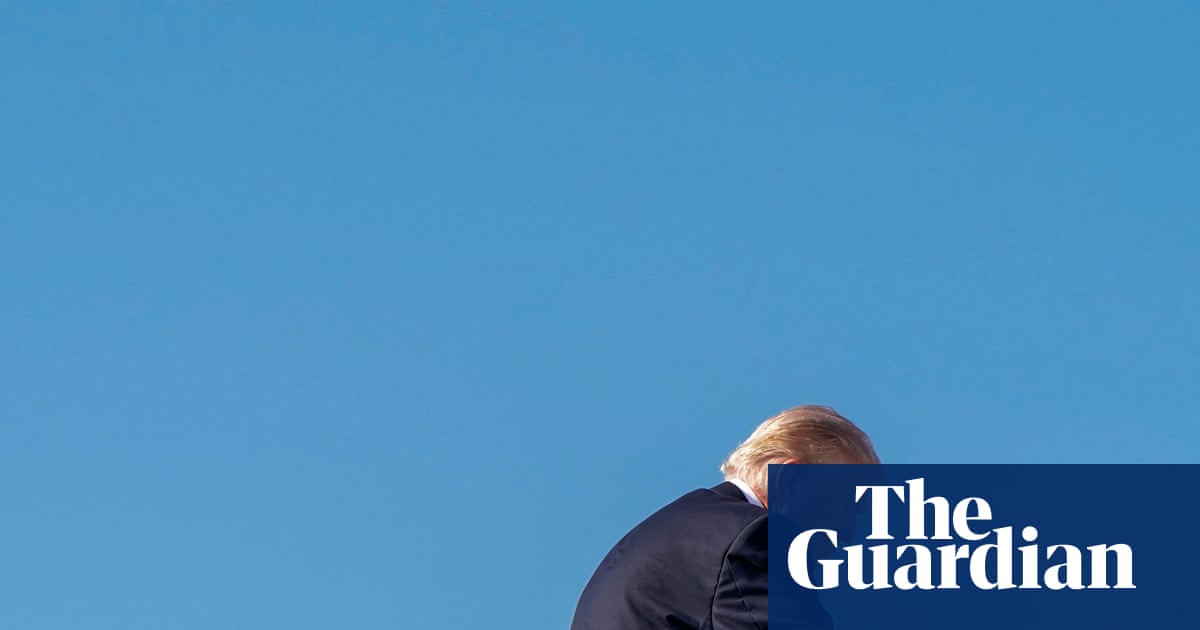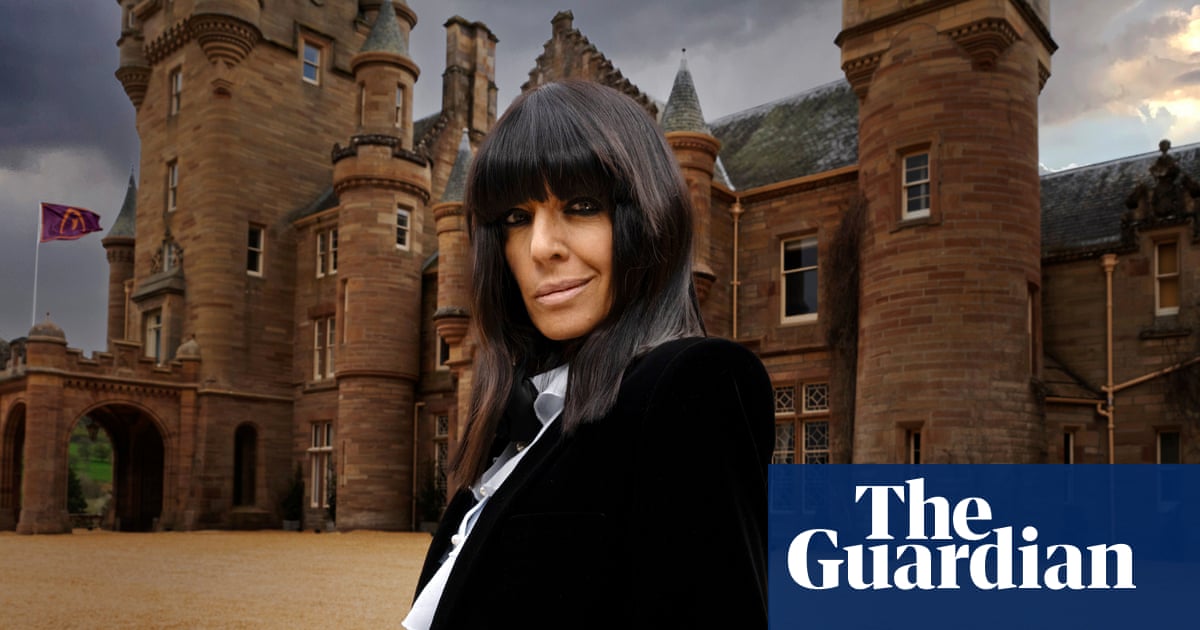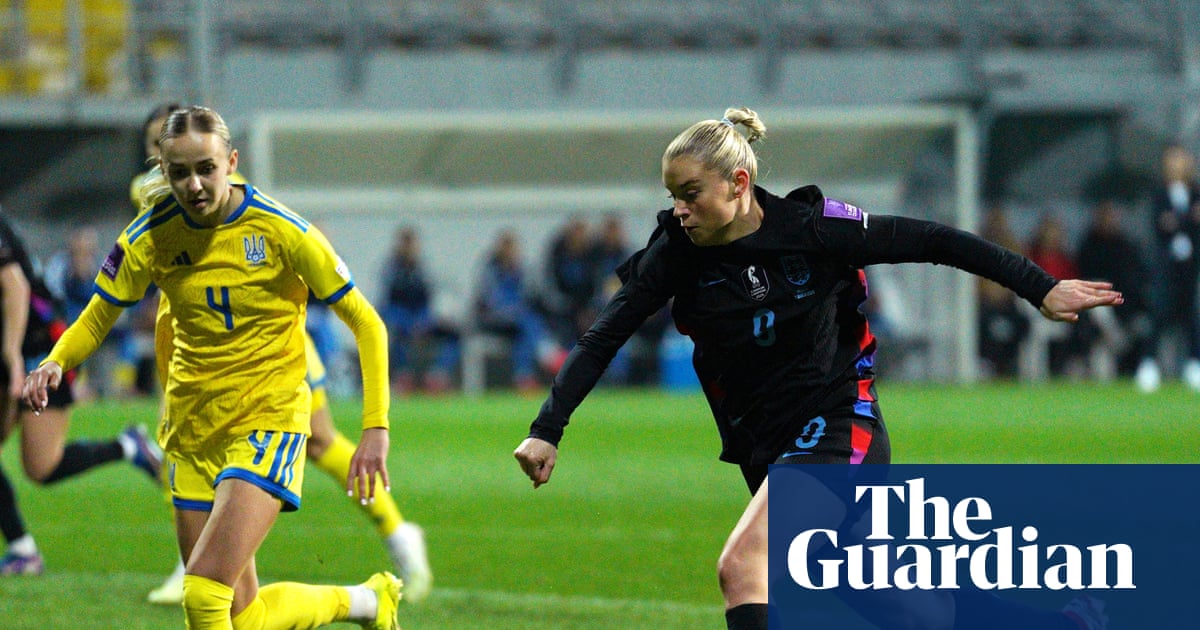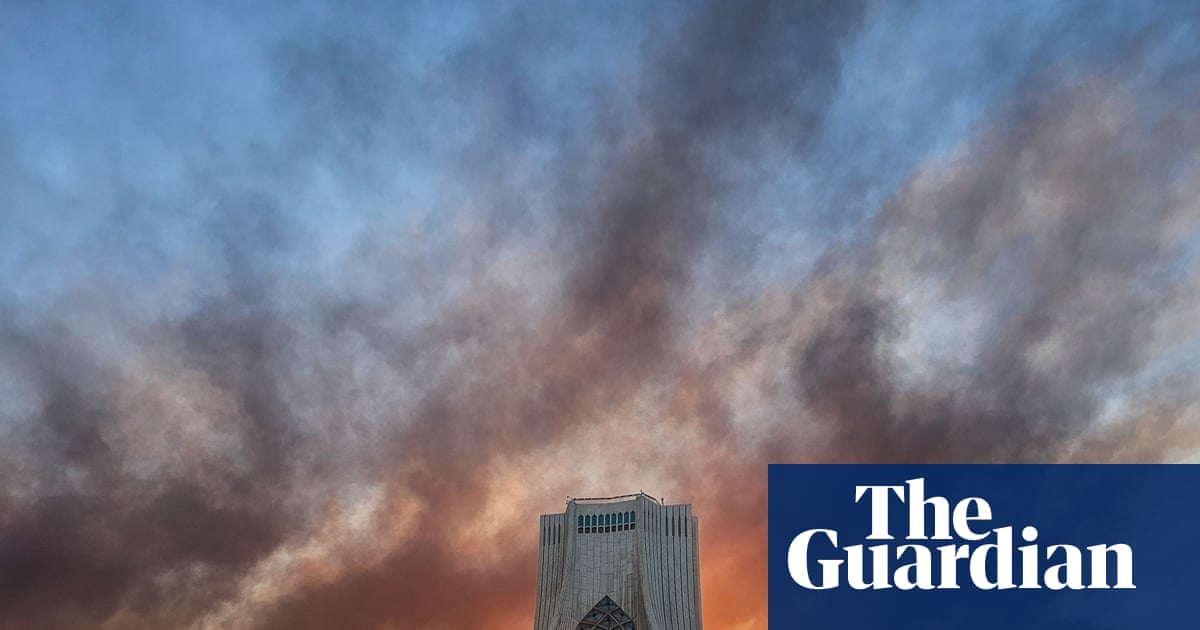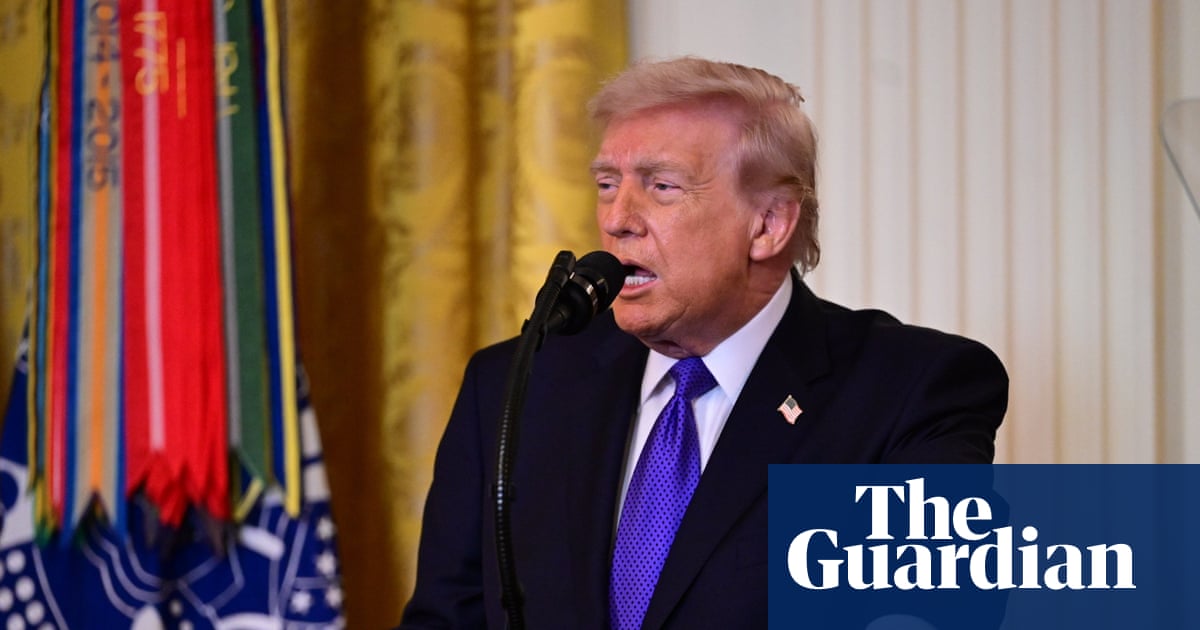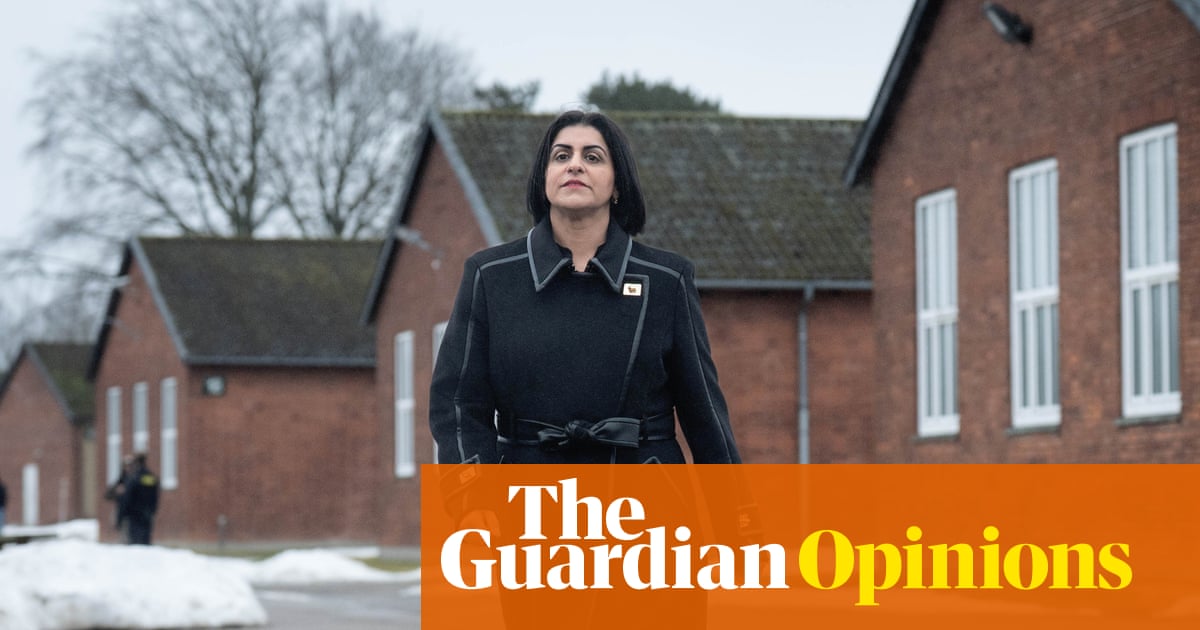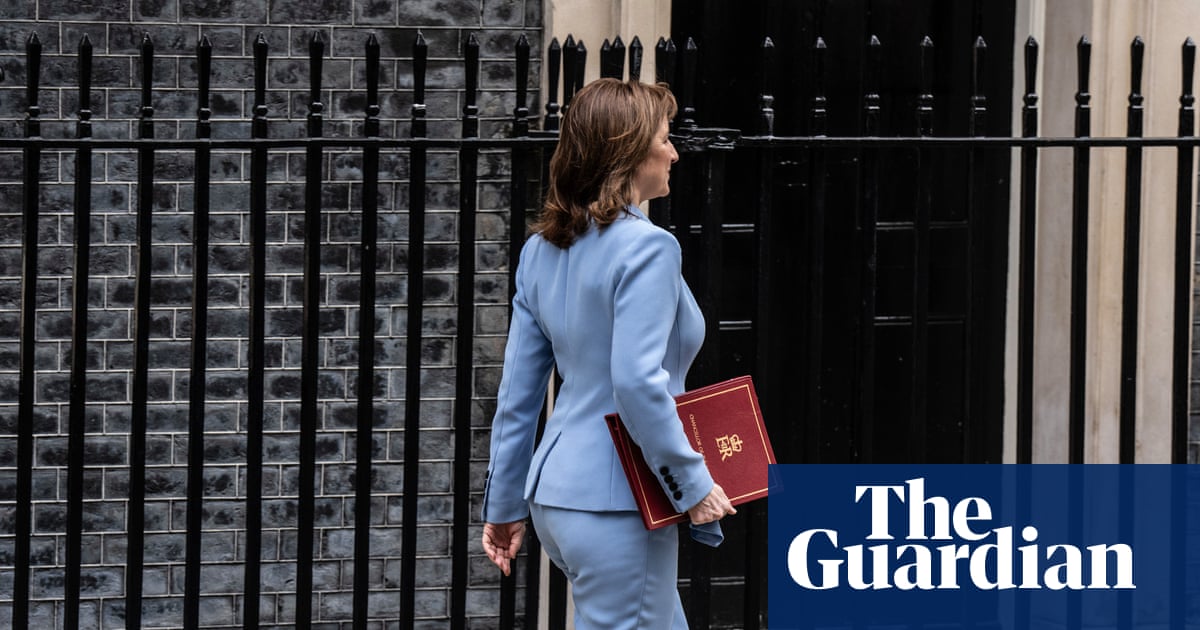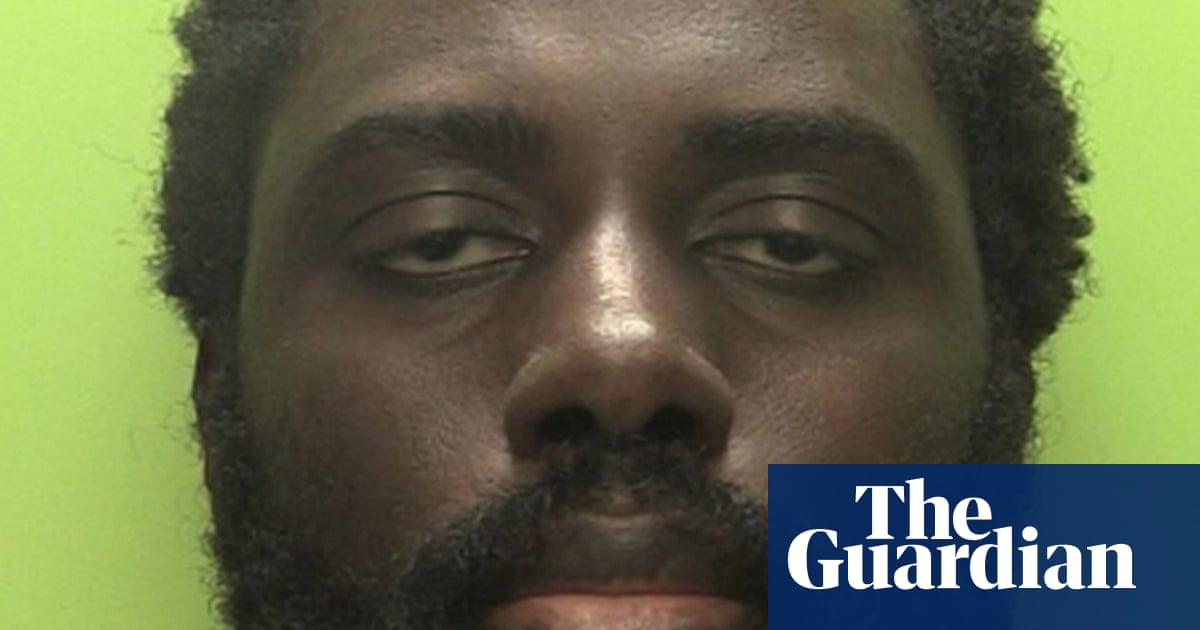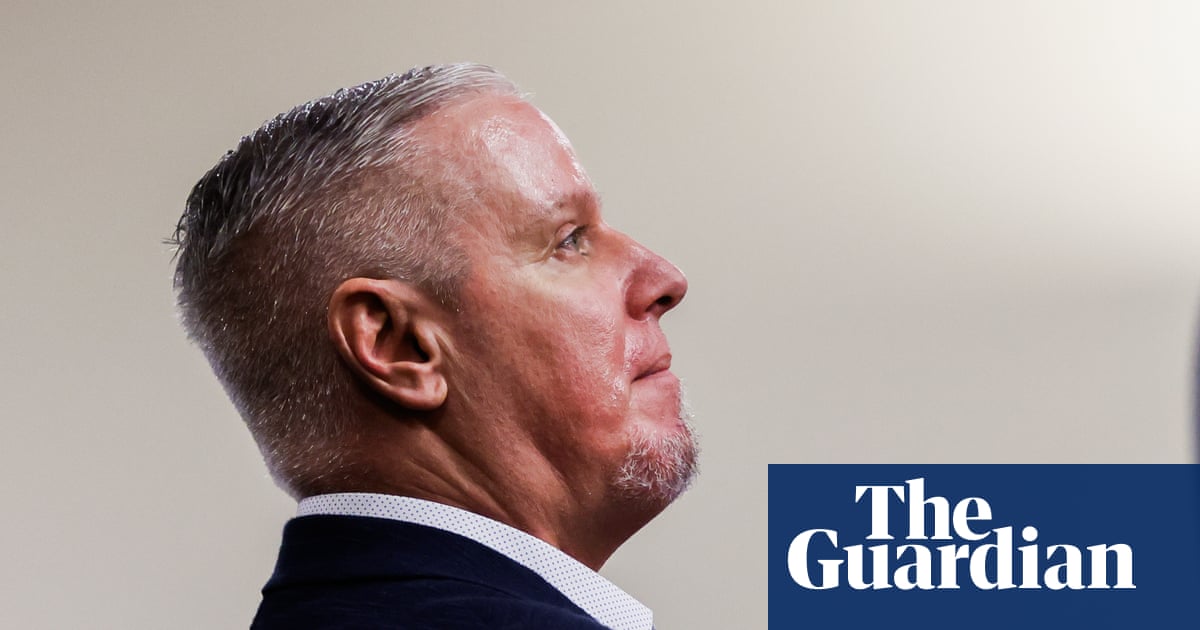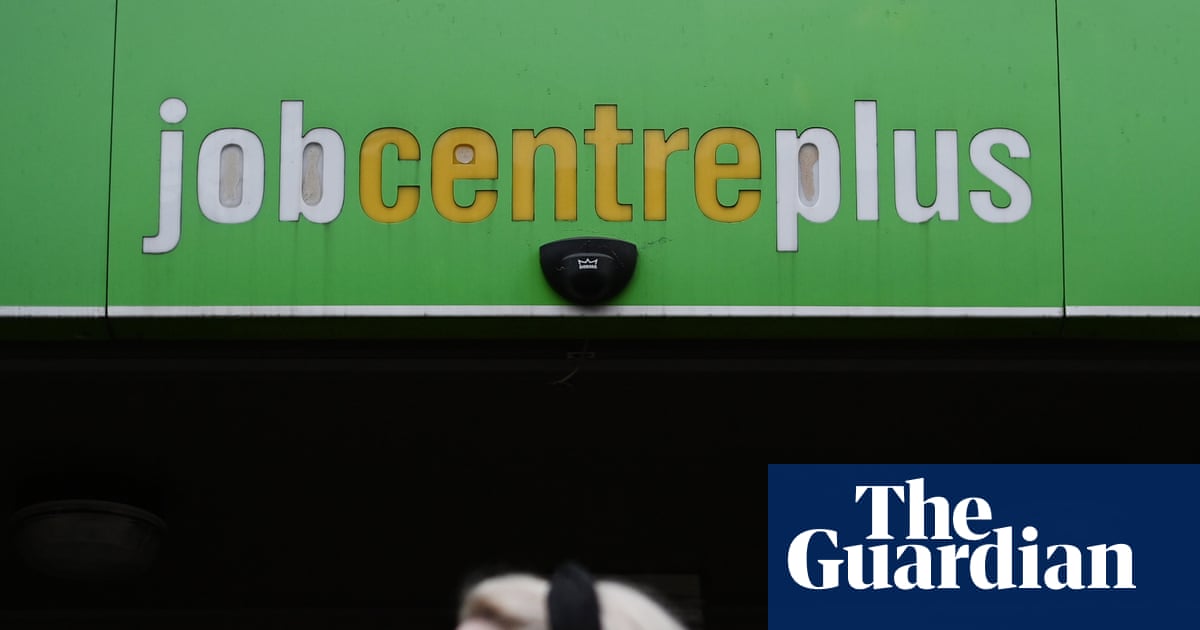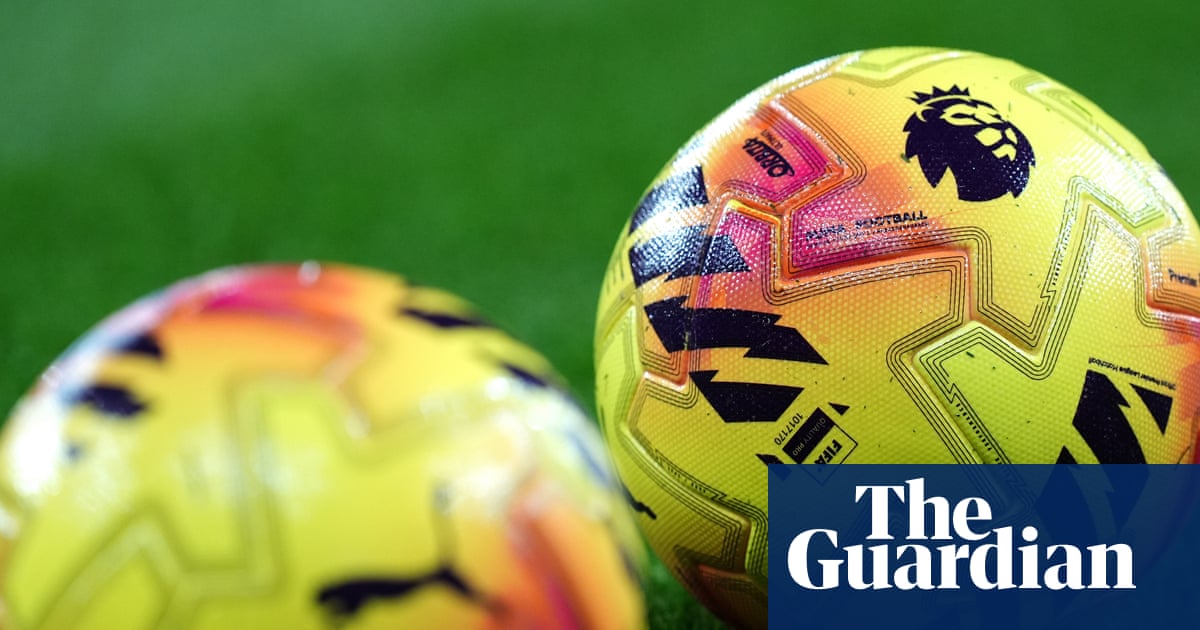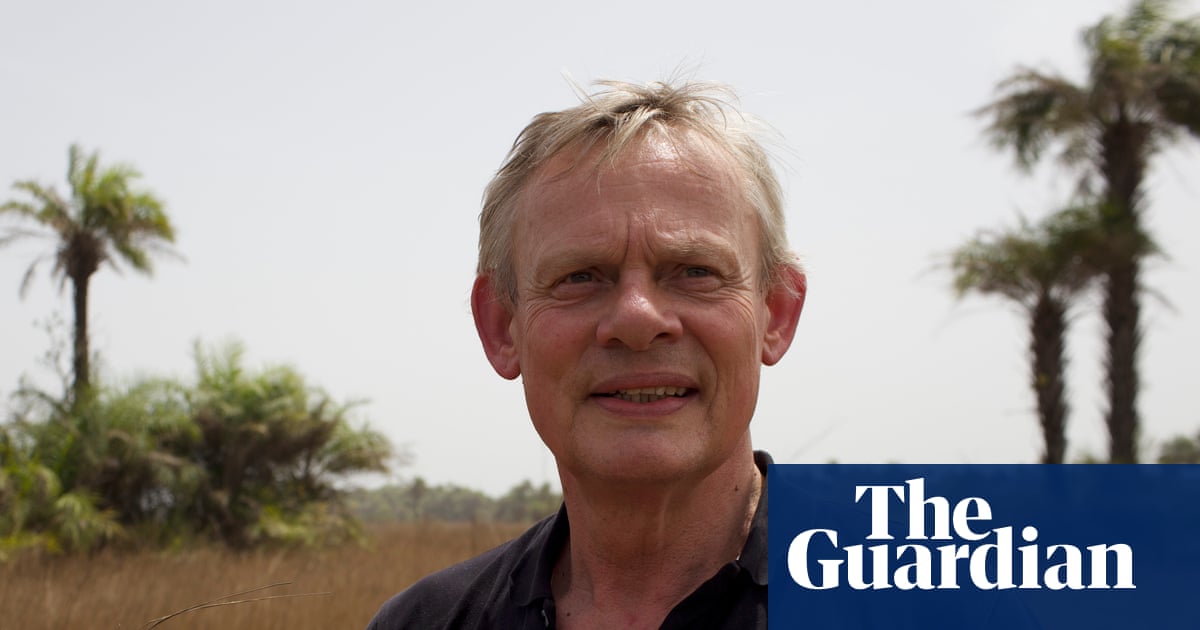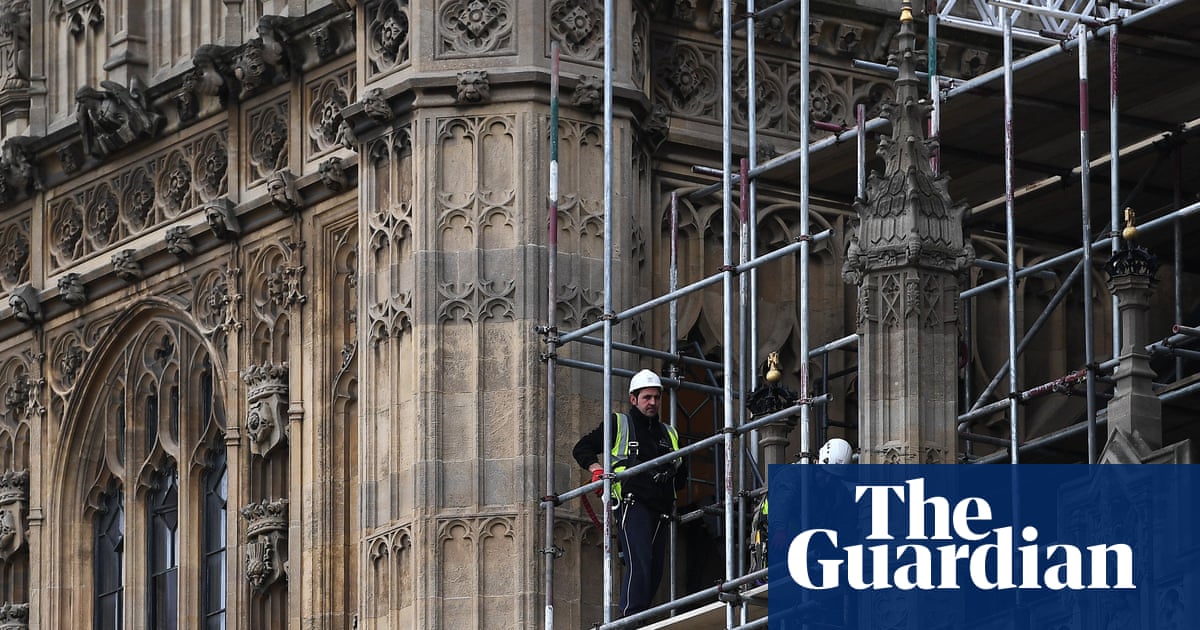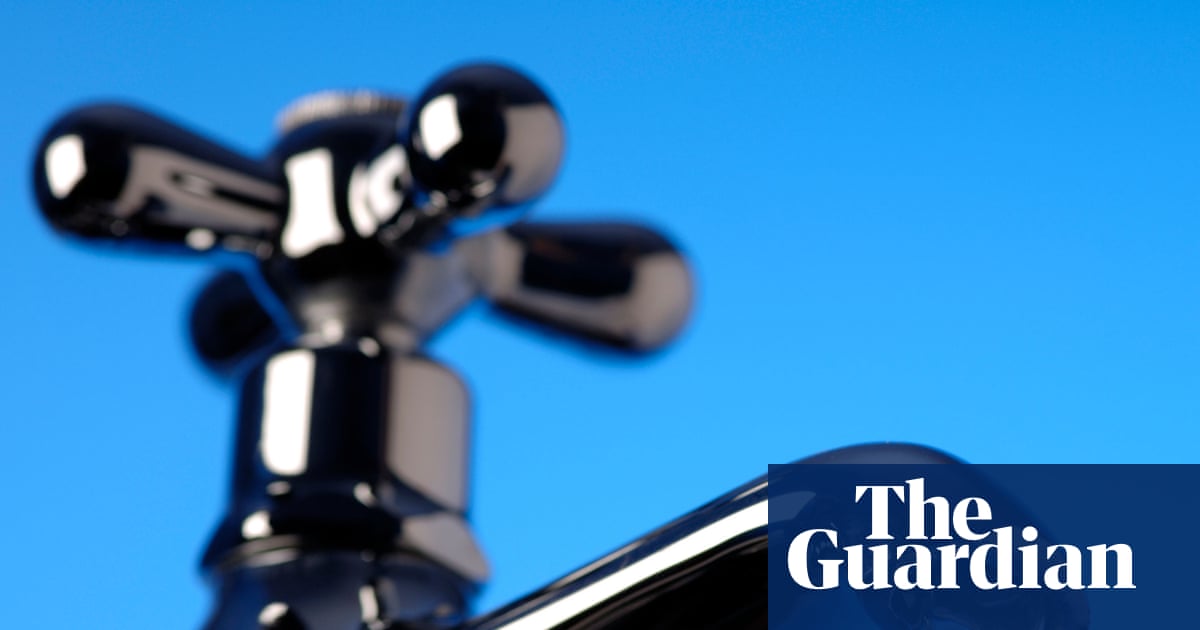Ever since the former Prince Andrew was demoted to plain Mr Andrew Mountbatten Windsor, royal observers and historians have scratched their heads over his missing hyphen.
Buckingham Palace’s official statement announcing his new commoner status was clear, in black and white, that aside from losing his HRH and princely title and dukedom, he was also to be deprived of a punctuation mark that had been officially decreed by his late mother, Queen Elizabeth II.
Princess Anne signed her 1973 marriage register as Anne Mountbatten-Windsor, the Duke and Duchess of Edinburgh’s children use Mountbatten-Windsor, as do the Duke and Duchess of Sussex’s children – all with hyphens.
Even in a family with numerous and ever-changing surnames – Windsor, Wales, York, Edinburgh – Mountbatten-Windsor has stood fast since Queen Elizabeth’s decision 65 years ago that her descendants should be so named – in tribute to her husband, Prince Philip.
So why not Andrew? His surname was missing the hyphen when his new name was announced on 30 October in the fallout over his friendship with the convicted sex offender Jeffrey Epstein.
When asked about the absence of a hyphen at the time, a palace spokesperson said: “Andrew Mountbatten Windsor was the name agreed.”
Royal sources have now confirmed that Mountbatten-Windsor will indeed use the punctuation mark between his two last names. It is understood the palace has examined the 1960 privy council declaration, which includes a hyphen, and will use one from now on.
In 1960, Queen Elizabeth declared that her direct descendants – other than those with the style of royal highness and the title of prince or princess – would use Mountbatten-Windsor when they needed a surname.
It was an important gesture to her husband, after she had decided on her 1952 accession that the royal family’s surname would remain Windsor, and not Mountbatten, the Duke of Edinburgh’s surname. Philip is said to have exclaimed: “I’m just a bloody amoeba,” and complained he was the only man in the country whose children would not bear their father’s name.
Eight years later she gave him a concession of a double barrelled surname joined by a hyphen – just days before their third child, Andrew, was born.
after newsletter promotion
The official declaration on 8 February 1960 – before Andrew’s arrival on 19 February 1960 – read: “My descendants, other than descendants enjoying the style title or attribute of royal highness and the titular dignity of prince or princess, and female descendants who marry and their descendants, shall bear the name of Mountbatten-Windsor.”
It also currently appears written as Mountbatten-Windsor on the royal family’s official website.

 3 months ago
102
3 months ago
102

